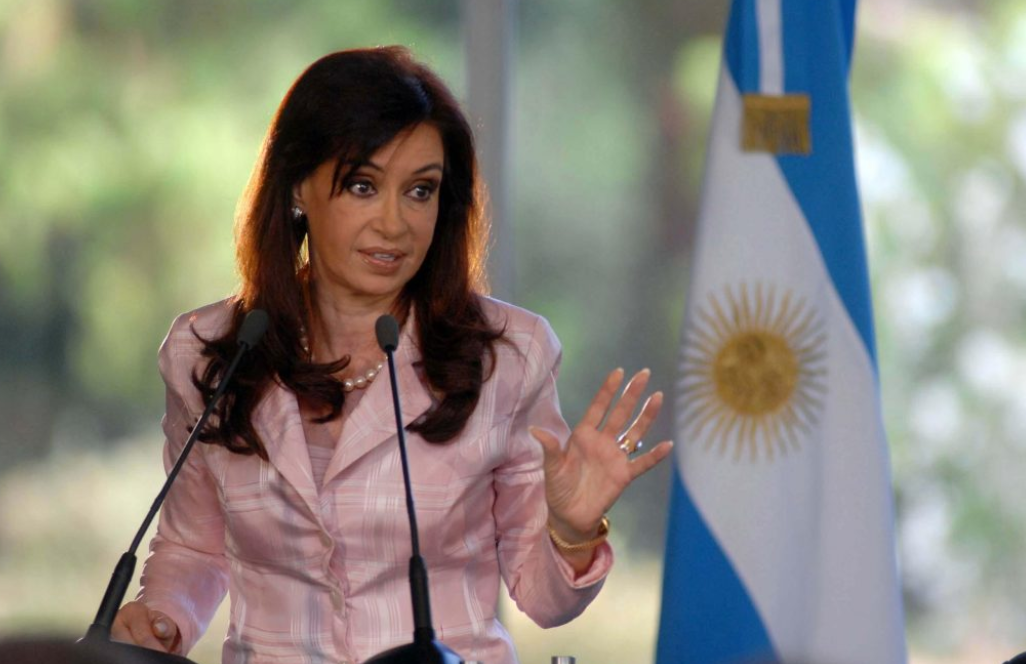
Washington D.C. - The United States has escalated its stance against alleged corruption in Argentina by imposing sanctions on former President Cristina Fernández de Kirchner, citing "significant corruption" during her time in office. The move, announced by U.S. Secretary of State Marco Rubio on Thursday, includes a ban on Kirchner and her immediate family entering the United States.
The sanctions come amidst a period of intense political division in Argentina, with Kirchner being a vocal and powerful opponent of the current President Javier Milei. Rubio's statement directly accused Kirchner and her former Minister of Federal Planning, Julio Miguel De Vido, of engaging in "numerous bribery schemes related to public works contracts" that reportedly cost the Argentine government millions of dollars. De Vido has also been included in the U.S. entry ban.
"They abused their positions by organizing and benefiting financially from these schemes, undermining the trust of the Argentine people and investors," Secretary Rubio stated.
The announcement has been met with strong reactions in Argentina. President Milei, a staunch critic of Kirchner, shared Rubio's statement on social media and even taunted the former president with the message "Che Cristina," a play on her own common phrase "Che Milei" used when criticizing his administration.
This action by the U.S. is not entirely unexpected. Senator Rubio, a Republican, has been a long-standing advocate for sanctions against Kirchner, previously labeling her a "convicted kleptocrat" and accusing her of facilitating corrupt influence in Argentina by actors like China and Iran.
The sanctions add another layer of complexity to Argentina's already fraught political landscape. Kirchner, who served as president from 2007 to 2015 and as vice president until recently, faces multiple ongoing corruption trials in Argentina. She has already received two convictions for irregularities in public works contracts, carrying prison sentences and a lifetime ban from public office, though these are currently under appeal.
Since President Milei assumed office in December 2023, Kirchner has emerged as a key figure in the opposition, leading efforts to block the government's legislative agenda in Congress. The already tense relationship between the two political forces is likely to be further strained by these U.S. sanctions.
Adding to the political drama, Kirchner survived an assassination attempt in September 2022. The trial for this incident is ongoing, with investigations also looking into potential wider conspiracies.
The U.S. sanctions are expected to have a significant political impact on Cristina Fernández de Kirchner, potentially weakening her influence and further exacerbating the deep divisions within Argentine politics. The move underscores the U.S.'s commitment to combating corruption globally, even as it risks further inflaming tensions within a key South American nation.
[Copyright (c) Global Economic Times. All Rights Reserved.]






























